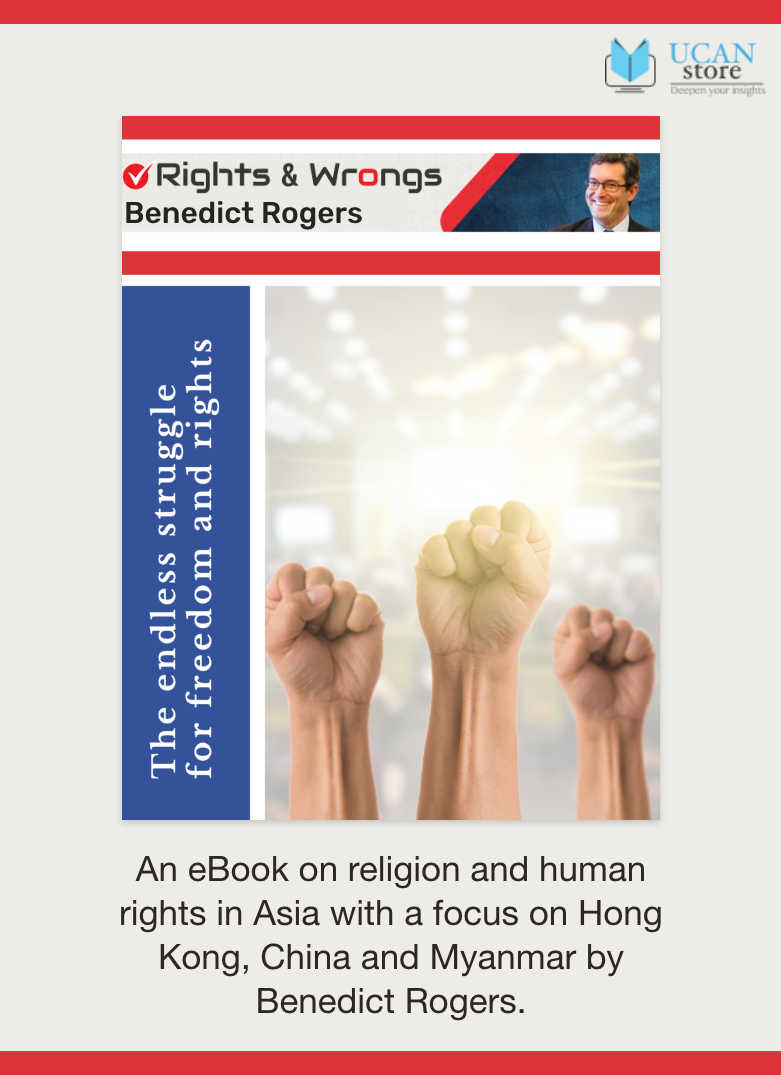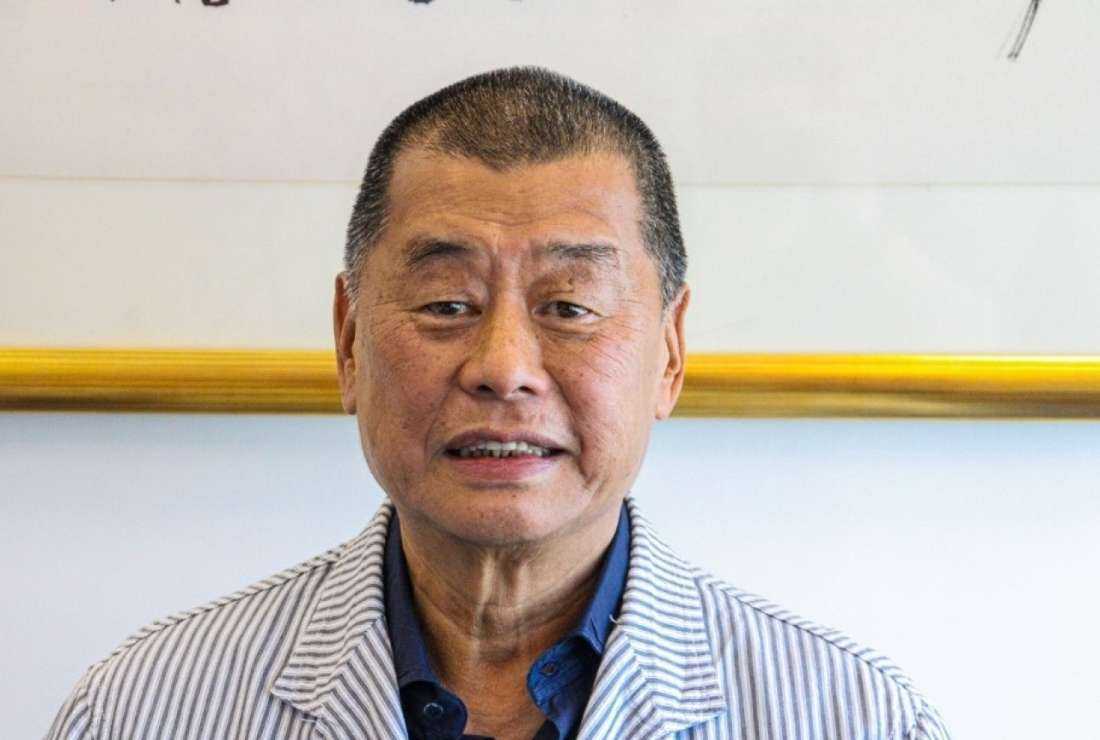
Lai faces a slew of charges for supporting the pro-democracy movement

Jimmy Lai (Photo: AFP)
A court in Hong Kong has rejected a bid from pro-democracy Catholic media tycoon Jimmy Lai to halt his national security trial, says a report.
Lai is accused of conspiracy to collude with foreign forces under the city’s Beijing-imposed national security law and another offense linked to seditious publications under the British colonial-era sedition law.
A panel of three judges — Esther Toh, Susana D’Almada Remedios, and Alex Lee of the Court of First Instance unanimously ruled against Lai’s application for a permanent stay of proceedings on May 29, Hong Kong Free Press (HKFP) reported.
Lai, 75, filed an application to halt his trial last year, with his representative, Senior Counsel Robert Pang, who argued that blocking his client’s overseas barrister, Timothy Owen, from representing him in the trial was “persecution not prosecution.“
Lai, the founder of the now-defunct pro-democracy Apple Daily newspaper, was imprisoned in December 2020. He served 20 months for his role in pro-democracy protests and unauthorized assemblies.
He was jailed again for five years and nine months last October after being found guilty of fraud in a contractual dispute related to the office space of the Apple Daily.
"We have to have a court that is trusted"
Pang also said that there was a lack of transparency in the appointment of national security judges, including whether the city’s chief justice was consulted by the chief executive about the appointments.
The national security law and sedition law require cases to be handled by national security magistrates and judges by the city’s chief executive.
A “fair-minded” person may hold the perception that designated judges would prefer “not to rock the boat,” HKFP reported Pang as saying.
“In order to have an effective court, we have to have a court that is trusted, if there is any question about the independence and impartiality of the court … that cannot be allowed.”
The panel of judges refuted Pang’s argument, saying handpicked judges were “subject to the Judicial Oath which all judges are required to take” under the Basic Law.
“Whilst the general power to designate judges to hear national security cases vests in the Chief Executive, the actual assignment of designated judges to hear individual cases remains the responsibility of the Court Leaders,” the judges said in the ruling.
The court also rejected Pang’s argument that designated judges might subconsciously favor the government to continue to be appointed.
"Foreign elements are attempting to interfere with our judicial independence"
“The irony of [Lai’s] submission is that at the time of this judgment, some foreign elements are attempting to interfere with our judicial independence by threatening to impose ‘sanctions’ on judicial officers of all levels who have dealt with cases brought under the [national security law],” the judgment read.
The judges also said that the court’s decision to admit Owen “in spite of the stance of the executive and the criticism from some sectors of the society speaks loud and clear for the independence of the judiciary in Hong Kong.”
The ruling said this court can be sure that Lai “can and will receive a fair trial before a panel of designated judges.”
Lai’s national security trial is set to start in September this year.
He is among dozens of democracy advocates in the former British colony either jailed or facing trial for their support for strong pro-democracy protests that engulfed Hong Kong in 2019.
Beijing imposed the security law in June 2020 to crush the movement and snuff out dissent bypassing Hong Kong’s mini-constitution, the Basic Law.
The law criminalizes unauthorized assemblies, subversion, secession, and terrorist acts among other things. It gives sweeping power to police to arrest and detain dissidents.
The pro-Beijing administration claims the law has restored stability and peace in the city.
Rights groups accused the authorities of exploiting the law to undermine the autonomy, freedom, and rights guaranteed to Hong Kong under the “one country two systems” framework during the British handover in 1997.
Help us keep UCA News independent
The Church in Asia needs objective and independent journalism to speak the truth about the Church and the state.
With a network of professionally qualified journalists and editors across Asia, UCA News is just about meeting that need. But professionalism does not come cheap. We depend on you, our readers, to help maintain our independence and seek that truth.
A small donation of US$2 a month would make a big difference in our quest to achieve our goal.

Share your comments